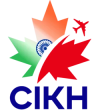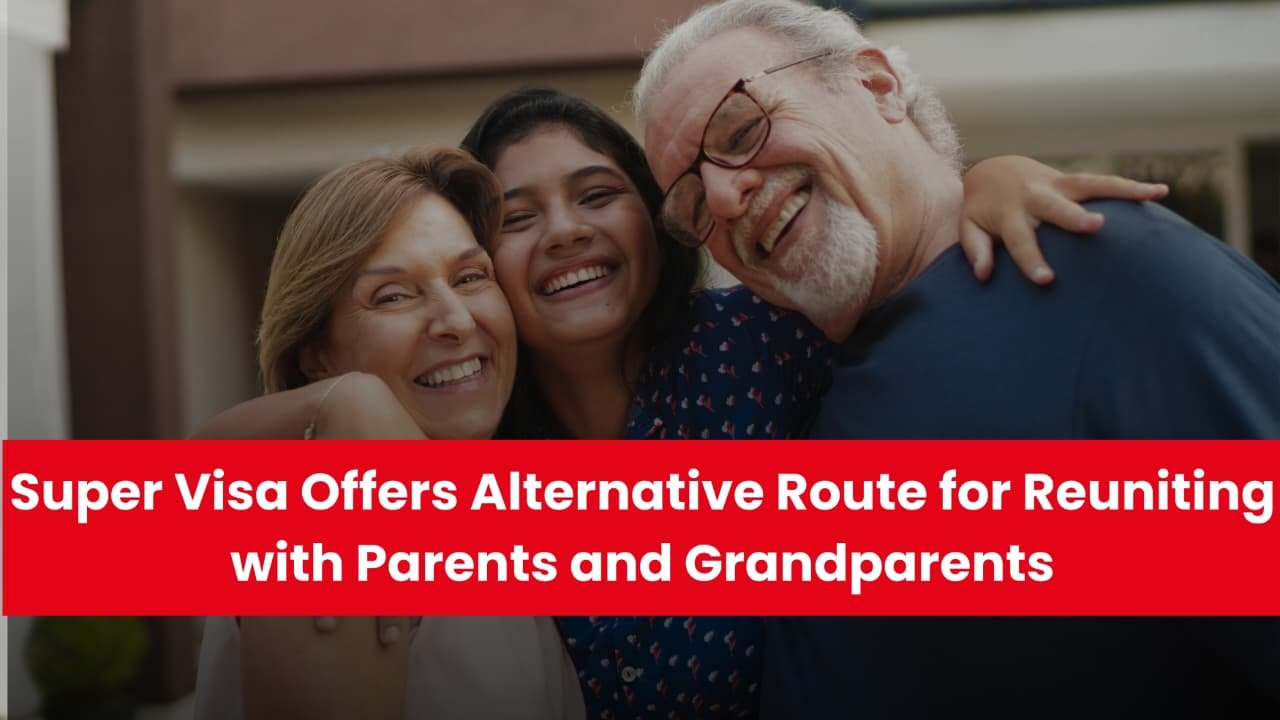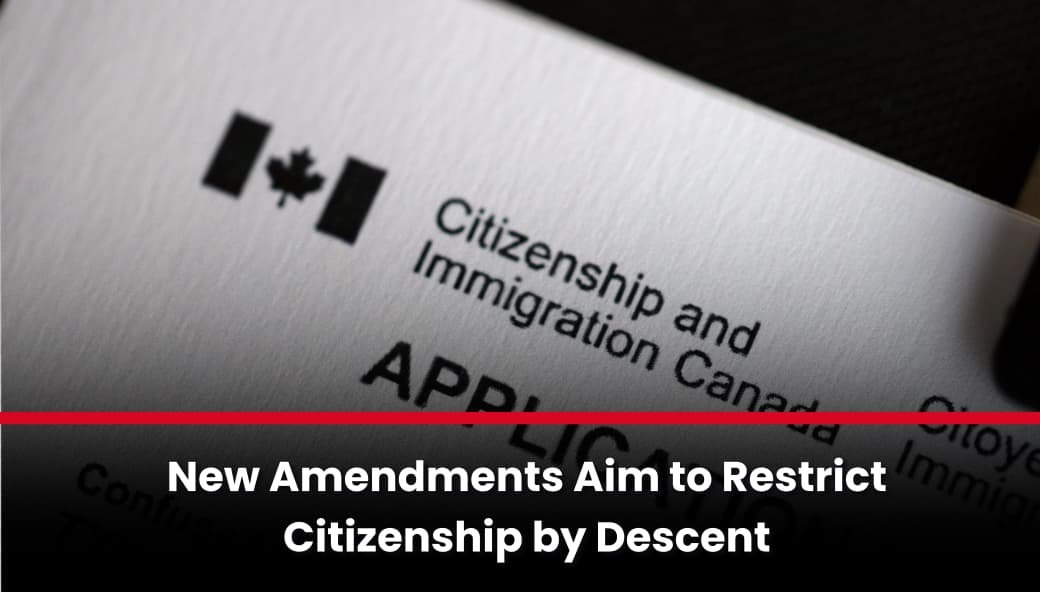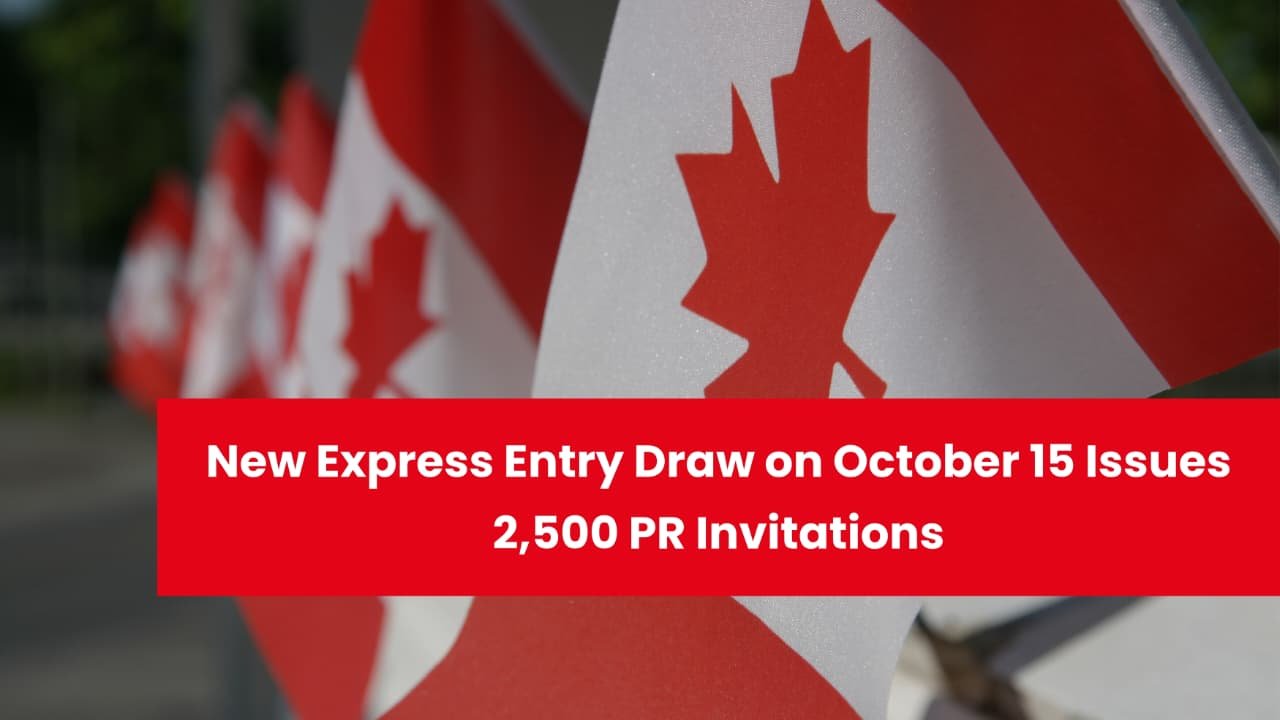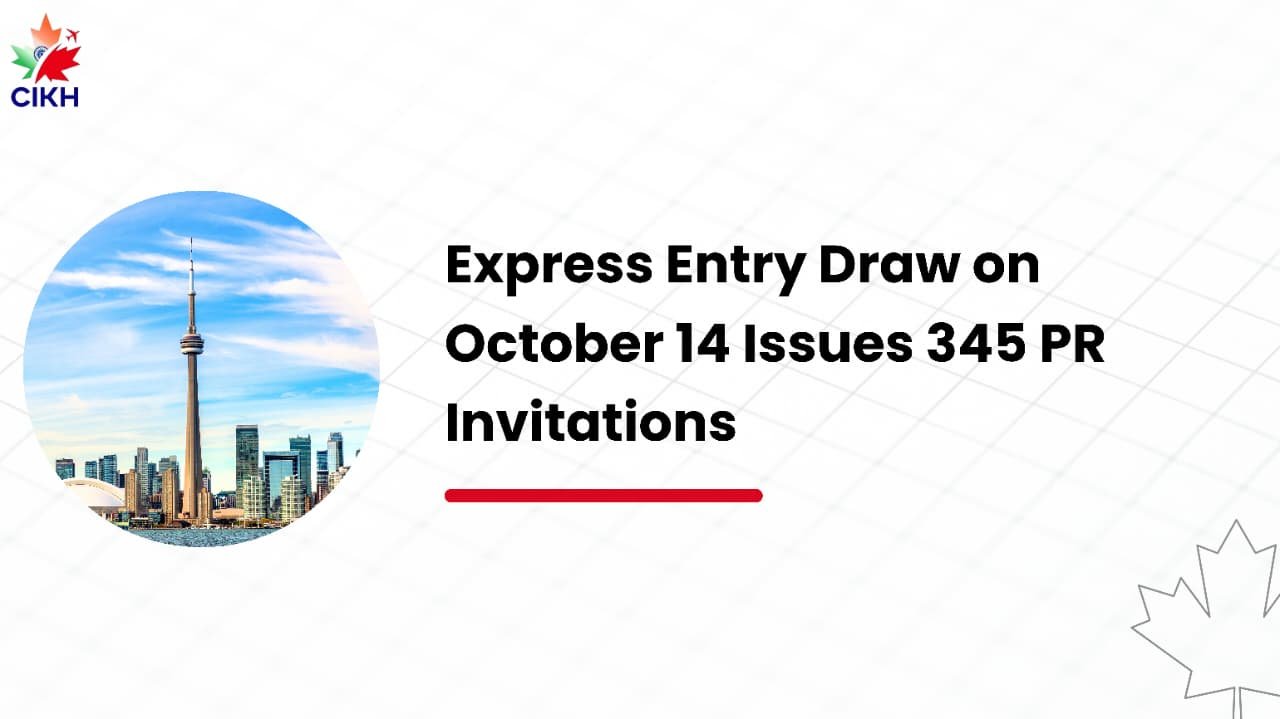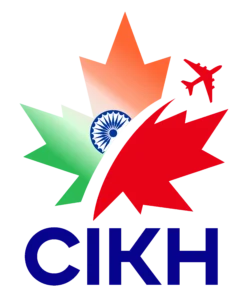Canadian citizens and permanent residents can host their parent(s) or grandparent(s) in Canada for extended stays through the Super Visa program.
For those who were not selected through the Parents and Grandparents Program (PGP) lottery, the Super Visa offers a practical alternative.
Book Your Consultation for Canadian Immigration
What is a Super Visa?
The Super Visa allows eligible parents and grandparents of Canadian citizens or permanent residents to stay in Canada for up to five years at a time, with multiple entries allowed over a 10-year period.
By comparison, regular visitor visas typically permit stays of up to six months only.
Super Visa vs. Parents and Grandparents Program (PGP)
| Aspect | Super Visa | Parents and Grandparents Program (PGP) |
|---|---|---|
| Availability | Open year-round | By invitation only (from 2020 lottery) |
| Sponsor Eligibility | Canadian citizen/PR; must meet LICO | Canadian citizen/PR; must meet MNI |
| Immigration Outcome | Temporary visitor status | Permanent residence |
| Public Health Insurance | Not eligible | Eligible |
| Cost | From $100 | From $1,205 |
| Undertaking Period | Duration of stay | 20 years (10 years in Quebec) |
Why the Super Visa Is More Accessible
The PGP uses a lottery system, limiting sponsorship opportunities to selected individuals who submitted an interest to sponsor in 2020. There is no guarantee of selection.
In contrast, the Super Visa is available year-round. As long as the applicant and sponsor meet all eligibility criteria, approval is highly likely.
Super Visa Eligibility Requirements
For the Host (Sponsor):
- Must be at least 18 years old
- Must be a Canadian citizen, permanent resident, or registered Indian
- Must meet or exceed the Low-Income Cut-Off (LICO)
For the Super Visa Applicant:
- Must apply from outside Canada
- Must purchase private health insurance valid in Canada
- Must be admissible to Canada
Note: Super Visa applications may include a spouse or common-law partner, but not dependent children.
How to Apply for a Super Visa
- Purchase private health insurance
- Gather required documents, including:
- Letter of invitation from the host, promising financial support
- Proof of host’s income and immigration status
- Proof of relationship
- Insurance documents
- Submit the application online through the IRCC Portal
- Provide biometrics, if requested
- Complete an immigration medical exam
- Await IRCC’s decision:
- Approved applicants receive a visa or entry letter
- Visa-exempt applicants must also apply for an eTA
Avoiding Common Reasons for Refusal
1. Lack of Ties to Home Country
Applicants must show they will return home after their stay. Supporting documents may include:
- Employment confirmation
- Family obligations (dependents)
- Property ownership or lease agreements
- Financial assets or responsibilities
2. Insufficient Financial Support
Sponsors must demonstrate the ability to support their visitors per LICO. Documents to include:
- Recent bank statements and pay stubs
- Notice of assessment (CRA)
- T4 or T1 tax forms
- Employment verification letters
3. Medical Inadmissibility
Applicants may be refused based on health conditions that pose excessive demand on Canadian services. To strengthen your case:
- Disclose all medical conditions
- Provide recent medical records
- Show evidence of condition management (e.g., doctor’s letters)
- Include a valid health insurance policy with:
- Minimum coverage of $100,000
- Coverage for healthcare, hospitalization, and repatriation
- Valid for at least one year
Super Visa vs. PGP: Immigration Outcomes
| Factor | Super Visa | PGP |
|---|---|---|
| Status Granted | Visitor (Temporary) | Permanent Resident |
| Stay Duration | Up to 5 years at a time, renewable | Indefinite |
| Work/Study Rights | Not permitted | Permitted as a PR |
| Processing Time | Faster | Slower |
As of August 5, 2025, IRCC reports the following average processing times for Super Visa applications:
| Country | Processing Time |
|---|---|
| India | 129 days |
| USA | 89 days |
| Nigeria | 58 days |
| Bangladesh | 110 days |
| Pakistan | 126 days |
Meanwhile, PGP applications outside Quebec currently take approximately 36 months to process.
